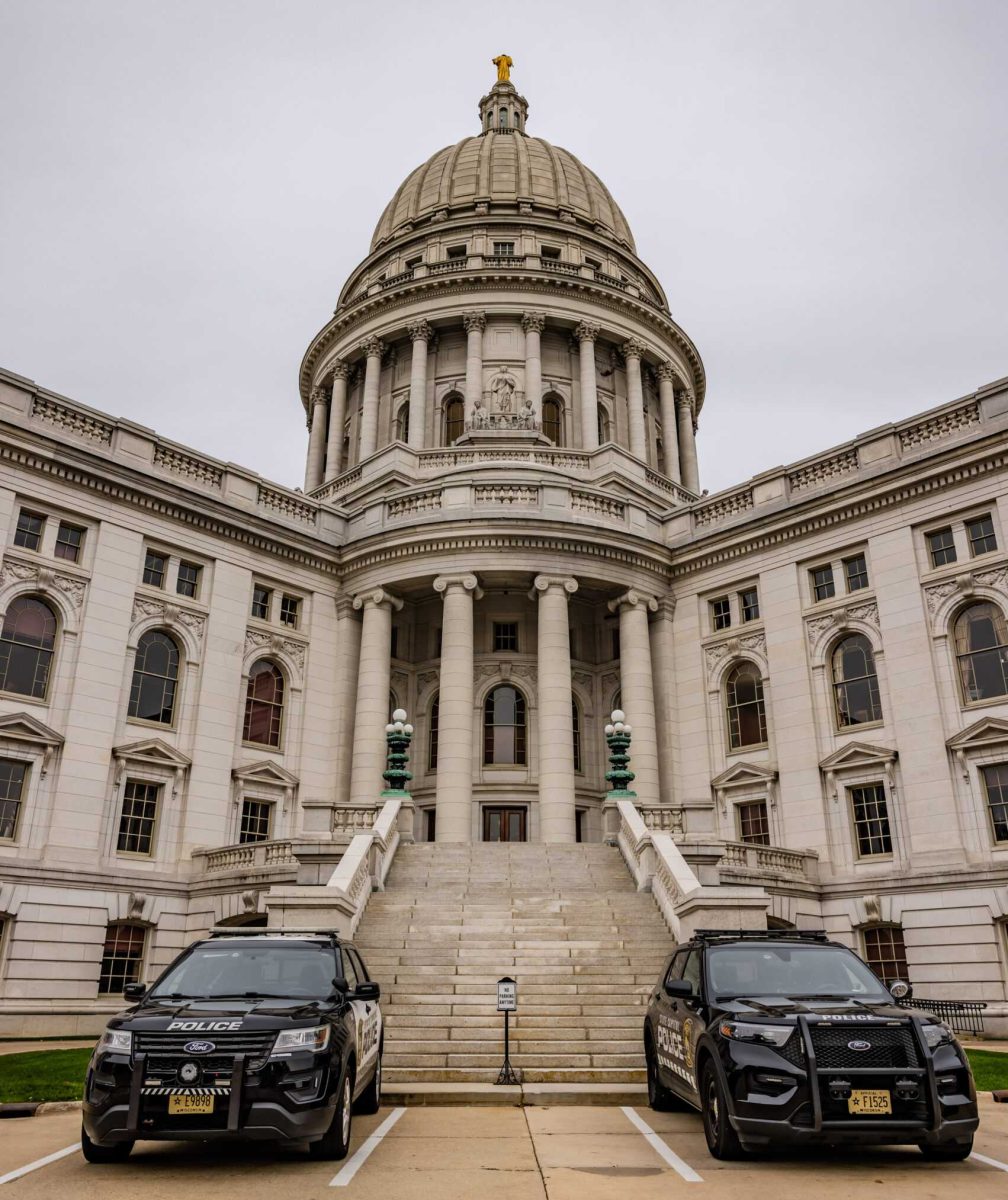Republicans and Democrats continue to grapple over whether to paint the state blue or red come the November elections, but the state government and independent organizations have a different color in mind: green.
Not only are several independent organizations actively advocating for cleaner air and water in Wisconsin, legislators and the governor are making moves to improve the state’s environment in an economically sustainable way.
While in office, Democratic Gov. Jim Doyle has supported several measures to improve the state’s energy and conservation efforts and created the Office of Energy Independence in April 2007 to develop alternative energy technology and to create new jobs in Wisconsin.
Brian Driscoll, spokesperson for the Office of Energy Independence, said one of the office’s main goals is to obtain 25 percent of all energy and fuels from renewable sources by 2025. The office works alongside the Department of Natural Resources and the Department of Commerce, among other state agencies, to accomplish these goals.
“We have folks in our office that work on business development and reaching out to the business community to promote industry and to create more opportunity for biofuel development in the state,” Driscoll said.
He added Doyle has set aside $100 million over the next 10 years to promote research development and commercialization of biofuels.
The Office of Energy Independence is also working to promote energy independent communities in the state, with cities, towns, counties and school districts as a part of the 25 percent by 2025 goal. Driscoll said five to 10 communities will be participating in a pilot program to test how the program can be applied at a more local level across the state.
“It’s a program that we will be administering a grant for, so local communities can create a baseline of information regarding their energy consumption,” Driscoll said.
Driscoll also said Doyle, as chairman of the Great Lakes Council of Governors, has been a driving force behind the Great Lakes Compact. Recently passed by both the Senate and House and awaiting a signature from President George W. Bush, the compact protects Great Lakes water for use inside the Great Lakes Basin. Driscoll said it is one of the most important pieces of water law in American history.
Sam Weis, a spokesperson for Clean Wisconsin, agrees that protecting the Great Lakes is essential to preserving the environment.
“We are around to ensure that future generations enjoy an environment that is as clean and healthy as the one that we know today,” Weis said. “We advocate for clean air, clean water and clean energy.”
He said Clean Wisconsin accomplishes its goals by lobbying, holding corporations accountable for their actions and educating citizens. The organization is currently working against the construction of a new coal plant in southwestern Wisconsin, which, Weis said, would simply add to global warming because of the pollution coal produces.
“We’re lucky to have a very clean environment compared to other places, but there are serious threats today that we need to address,” Weis said. “There are significant water quality issues, significant air quality issues. On top of that, there are significant concerns from global warming that affect us on a local level even though it is a very international problem.”
Of course, Clean Wisconsin isn’t alone in its efforts. The Wisconsin Environmental Initiative reaches the environment by way of the market: WEI provides economic incentives to environmentally friendly businesses. WEI brings together businesses and government to discuss environmental issues affecting the state in a neutral manner.
“We work with businesses that are making the investment in making technology in an environmental mindset to reduce environmental footprint,” said John Imes, WEI executive director. “If you’re making those types of investments, you should receive some flexibility from the state in terms of expedited permit review or lower rates of inspections.”
The organization also promotes green businesses through their Travel Green Wisconsin program, which rewards companies in the tourism industry committed to social, environmental and economic sustainability. There are currently 199 certified businesses across the state.
“Wisconsin is able to take advantage of growing interest in greener things in general and also in eco-tourism,” Imes said. “That’s good business, and that’s going to help the state grow.”
Overall, Imes said, Wisconsin has been actively promoting legislation and practices to protect the state’s environmental resources. He said the state must shut down coal plants and replace them with clean energy to really protect the environment.
“We can’t really address environmental issues unless we address the energy issue, but you can’t really address energy without the environmental considerations,” Imes said.











